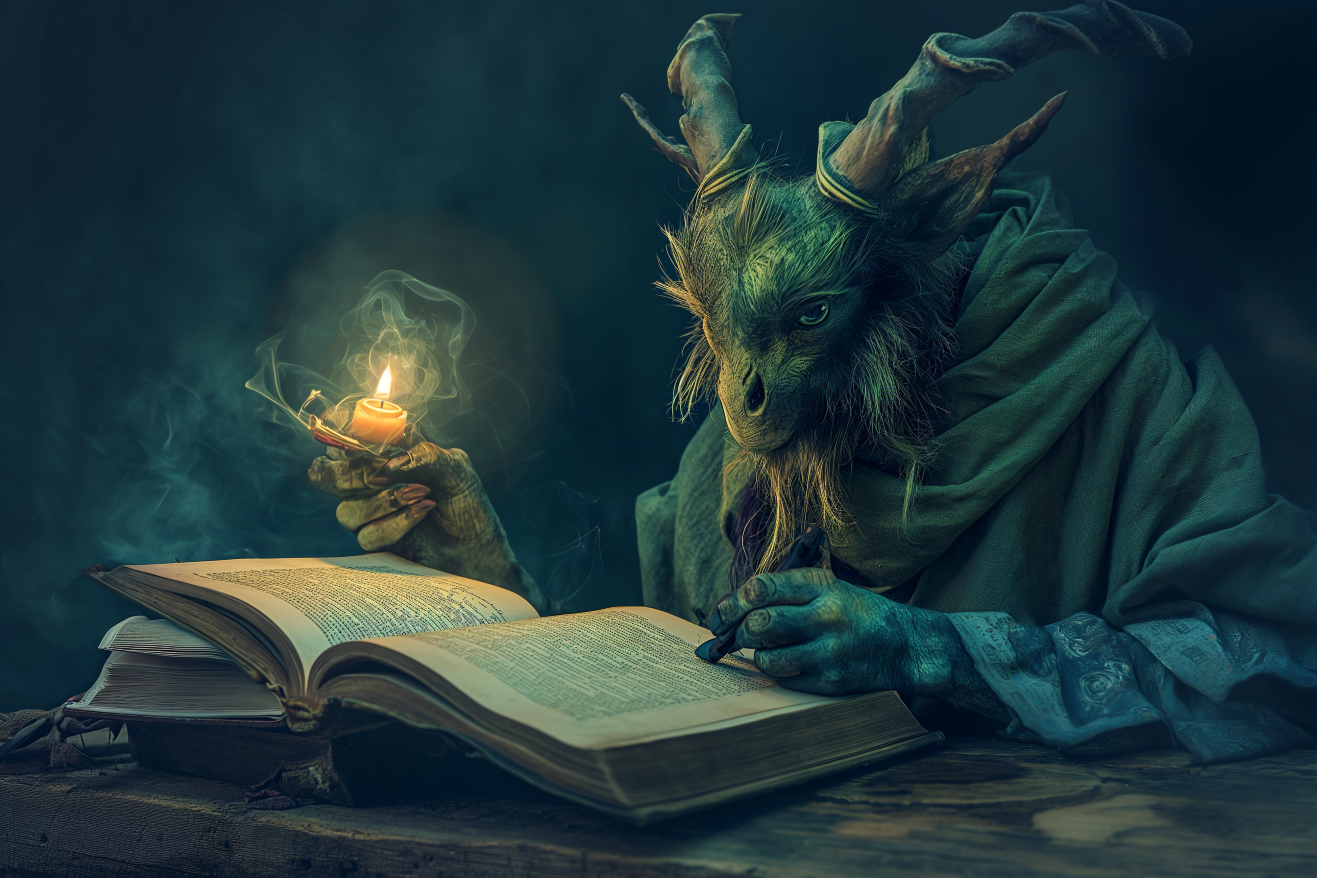There’s a lot of pressure in the writing industry to publish. Have you noticed? Especially now that self-publishing is so easy.
If you go to a conference, a common question is, “Are you published?” and “How many books do you have out?”
The more books I publish, the more awkward this conversation becomes for me. “How many?” usually follows. More and more, I’ve begun saying, “a few,” and trying to change the topic quickly.
Because the number of books an author has published, while certainly an achievement regardless of the number, is not the only way to measure the success, experience, or skill of a writer. Nor is income. Or awards.
So if publishing doesn’t guarantee you success, nor function as an indicator of your skill, should you publish at all? Why?
There are lots of reasons to publish, of course, first and foremost being, “I want to.” But you might also want to try to make money from your work. Maybe you want a larger audience. Maybe you enjoy the publishing process or get a sense of satisfaction from putting a book out. Maybe you like the idea of calling yourself a published author. Maybe it’s a dream you’ve always had.
But publishing isn’t all it’s cracked up to be either. There are a lot of people and companies out there trying to make money on writers who just want a published book. There are scam artists and publishers who will charge you an obscene amount of money and provide you with a poor-quality product. There are issues around copyright and reviews, criticism and critique, money and rules. So many rules for every distributor, marketing company, and designer.
That, and it's a lot of work. Whether you publish traditionally or indie, it is a labor-intensive process. And not a process that always brings a writer any particular amount of joy.
So let me just say this.
You don’t have to publish.
Personally, I think “I want to,” is a good enough reason to do so. But if you don’t want to, why are you doing it? What do you hope to get out of it?
And if the reason is, “Because I’m supposed to,” or "Someone told me I should," I’d invite you to take another look at that. Question it. Dissect it.
What else in life do you do “because you’re supposed to”? Why? What have you stopped doing because you realized it was dumb?
You don’t have to publish. If you want to, great! I’m all about it. I like publishing. I do it all the time.
But you don’t have to. If someone says you do, they’re wrong.
Publish if you want. Publish because it helps you pursue your goals.
Don’t publish if you don’t want to. You can always write for the love of it without all the extra crap.
You do you. And don’t let anyone else tell you otherwise.




